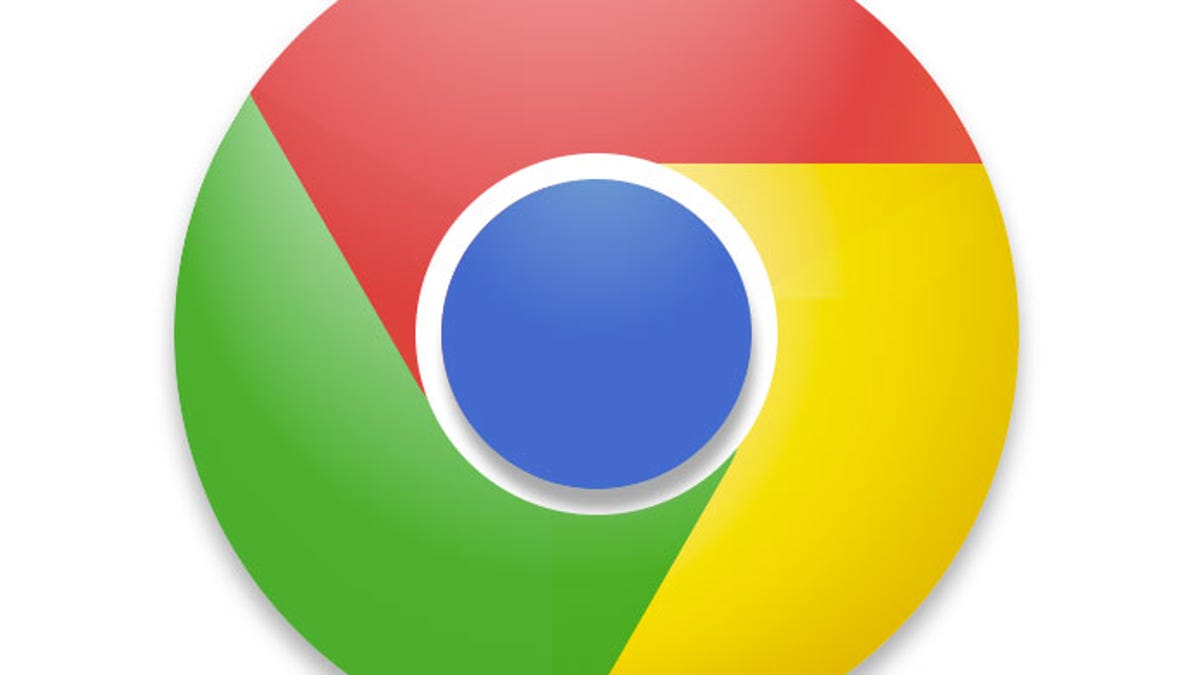Google agrees with Mozilla's Windows RT browser concerns
Mozilla says only a crippled version of Firefox could run on Windows for ARM chips, effectively restricting user choice to IE10, and now the maker of Chrome says it's worried, too.

Google has joined Mozilla in its attempt to push Microsoft to permit full-fledged browsers other than Internet Explorer on Windows RT, its operating system geared for devices running ARM processors.
Mozilla objects to Microsoft decisions that, it says, prevent it from bringing a competitive version of Firefox to Windows RT. Other browsers don't get access to the same operating system abilities that IE10 gets, recalling browser battles from earlier years that ultimately triggered government antitrust actions in the United States and Europe.
Now Google, maker of the Chrome browser, has weighed in:
We share the concerns Mozilla has raised regarding the Windows 8 environment restricting user choice and innovation. We've always welcomed innovation in the browser space across all platforms and strongly believe that having great competitors makes us all work harder. In the end, consumers and developers benefit the most from robust competition.
Mozilla, a veteran of the browser wars, isn't to be taken lightly, but having Google on its side amplifies the non-profit organization's clout considerably.
Microsoft declined to comment on Mozilla's stance. CNET will update if has anything to say now that Google is involved, too.
Various ARM processors are used in virtually all iOS, Android, and Windows Phone devices today, a move that stems from the chips' reputation for power efficiency that's necessary to maximize battery life.
With Windows RT, Microsoft appears to be aiming for an operating system more in the style of iOS than Windows on the x86 chips that PCs use, and not just because it wants to build tablets that compete with iPads.
Specifically, Windows RT can only install software from the Windows Store of Windows Update service. It can only be obtained preinstalled on hardware. And third-party browser makers aren't particularly welcome.
Mozilla spokesman Asa Dotzler puts it this way:
First, Microsoft has a browser that runs in Classic mode on Windows ARM. They are not allowing us that same access to run our browser on Classic. Second, Microsoft has a browser that runs in Metro mode on Windows ARM that has access to rich APIs that they are denying to third-party Metro browsers on Windows ARM. So, we are denied the ability to deliver any browser on Classic, and we are denied the ability to build a competitive browser on Metro.
Dotzler also elaborated on the issue in a first and second blog post. Mozilla's top lawyer, Harvey Anderson, also detailed concerns in a blog post and an interview.
"They're trying to make a new version of their operating system which denies their users choice, competition, and innovation," Anderson told CNET. "Making IE the only browser on that platform is a complete return to the digital dark ages when there was only one browser on the Windows platform."
Google permits other browsers on Android, and Mozilla Firefox and Opera Mobile are among the browsers available. Opera Mini is available on iOS devices, too, but it lacks its own browser engine. Instead, it relies on Opera's servers to render Web pages then transmit a boiled-down version to a person's phone.

